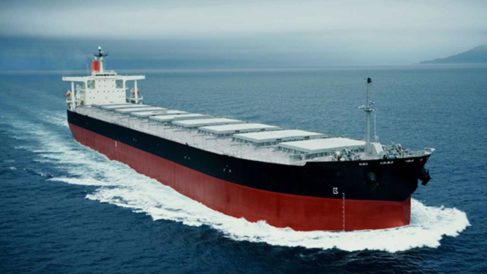The November crude oil loading schedule for Nigeria is facing potential setbacks as approximately 30 cargoes remain on hold, awaiting buyers. This situation has emerged alongside a decline in crude premiums compared to benchmark prices, with reductions of $1 to $2 per barrel depending on the specific grade, according to traders, crude oil.
A similar overhang in terms of unsold cargoes is reported in Angola’s November schedule. FGE analyst James Davis has remarked on this, hinting at the possibility that it might be the beginning of a trend in the West African crude market. He alluded to the fact that global demand appears to be moving horizontally at the moment, while there are expectations of increased crude supply from non-OPEC sources. He also suggested that by January, the market could take on a more extended outlook.
To rekindle demand for West African crude, traders believe that premiums need to decline even further. Alternatively, oil product prices would have to rise in proportion, as mentioned by FGE’s Davis. However, earlier in October, some West African crudes, such as Nigeria’s Bonga crude, were being offered at substantial premiums, with Bonga commanding a premium of $9 per barrel over the benchmark dated Brent, and others like Escravos and Forcados exceeding $8 in premium pricing, crude oil.
Nonetheless, a number of factors have contributed to the current slowdown in demand. Freight rates have surged, and refiners’ profit margins have shrunk, both of which are putting pressure on the market. As of a recent update, there are 20-30 cargoes of Nigerian crude still available for November, which is significantly more than what is typically expected at this stage of the trading cycle. A similar surplus of 6-7 cargoes of Angolan crude is also causing concern for the market.
Traders and analysts are painting a picture of a “very, very sluggish” market. Profit margins are looking unfavorable, further contributing to the challenges. The December loading schedule for Angola has already been published but is struggling to attract buyers, and plans for December loading of certain Nigerian crude grades are facing similar challenges.
The surge in freight costs can be attributed to two key events: the cross-border attack by Hamas on Israel in early October and the imposition of sanctions by the United States on owners of tankers carrying Russian oil priced above the G7’s $60 cap on October 12, crude oil.
This spike in freight costs has affected key routes for crude transportation, particularly those from West Africa to important demand centers such as China. Consequently, crude oil prices in major physical markets worldwide have weakened. This not only has immediate implications for these physical markets but also hints at potential future impacts on crude futures.
Conclusion: Nigeria’s crude oil export

Despite the ongoing challenges in the physical crude market, Brent crude futures have managed to rise above $87 per barrel, having been in the low $70s in June. This surge has been influenced by OPEC+ supply cuts and more recent concerns that exports from the Middle East could decrease if the conflict in Gaza escalates further, crude oil.










